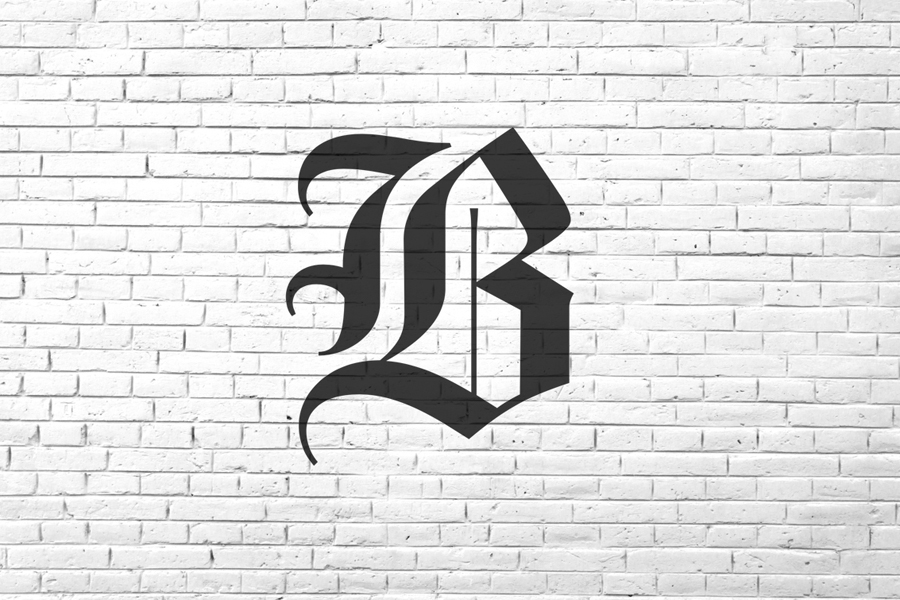Boston Globe Ends Investigation into Harassment Allegations Against Top Editor
An outside investigator looked into interactions between former Boston.com staffer Hilary Sargent and the Globe's top editor Brian McGrory.

Brick photo via iStock/123ducu
The Boston Globe has concluded its investigation into top editor Brian McGrory’s interactions with former Boston.com staffer Hilary Sargent. According to an email to staffers that was leaked to media analyst Dan Kennedy, although an outside investigator found “a series of exchanges and interactions between Mr. McGrory and Ms. Sargent that were of a personal nature, the investigator found that they were initiated by and reciprocated by both parties, and did not violate our anti-harassment policy.”
Sargent had originally implied in a series of tweets back in May that McGrory had behaved inappropriately towards her, sharing a screencap of a text conversation wherein someone (allegedly McGrory) responds to a question asking for writing advice with a question about what the writer is wearing.
The Globe’s response was swift—it took Sargent to court requesting an injunction to compel her to cooperate with their investigation into the timing of the texts. The Globe then dropped its efforts after Sargent “admitted that she does ‘not recall’ when the messages were sent and it is ‘more likely’ that they were sent after she worked at the Globe,” per their statement.
The email sent to staff today reportedly came from Claudia Henderson, the Globe’s chief human resources officer, and Dan Krockmalnic, the Globe’s general counsel, and can be read in full at Kennedy’s site.
In an email, Jane Bowman, the Globe’s vice president of marketing and strategic partnerships, said, “The investigation by outside counsel into the matter regarding Brian McGrory that was raised by Hilary Sargent has concluded. The investigator found that Mr. McGrory did not violate our anti-harassment policy. We are grateful for the complete cooperation of Ms. Sargent and Mr. McGrory. There will be no further comment available on this personnel matter.”
Update July 12, 8:15 p.m.
Sargent has now responded on Twitter to the Globe concluding its investigation, saying, in part, “I wish I could say I am shocked by the Globe’s announcement. Sadly, it’s no surprise that an institution that chooses to sue a former employee who speaks out would then conduct an “investigation” only in name.”
She also suggested the Globe apply its own investigative standards to the situation, and said investigators had not contacted corroborating witnesses, before concluding, “If the Globe wants to stage an investigation in order to build a convenient narrative to save its editor, go for it. I can’t stop you. But don’t pretend – for a second – that it’s the *right* thing to do. You know better.”
If the Globe wants to stage an investigation in order to build a convenient narrative to save its editor, go for it. I can’t stop you. But don’t pretend – for a second – that it’s the *right* thing to do. You know better.
— (@lilsarg) July 12, 2018
Update, July 13, 2:15 p.m.
Sargent has issued a full statement through her attorney:
I am incredibly disappointed by The Boston Globe’s decision to “clear” Brian McGrory. I spent more than seven hours with the investigator over the course of two meetings, during which I identified how McGrory has acted inappropriately by text, email, and in person. Since May 20, when I tweeted a text exchange, the Globe has sought to protect itself and its editor and to punish me for speaking out. Nothing the Globe has done suggests that they understand or care about creating a safe workplace. Instead, they have signaled to their own current and former employees that speaking out means swift retaliation. The Globe’s journalists and readers deserve better and to know the truth.
Her attorney, Jack Siegal, also included his own statement:
Please note that the Globe can call its investigation whatever it chooses, but it was not independent. The same law firm that brought suit against my client led the investigation and the investigator took direction from and reported to the same general counsel who authorized the lawsuit. My interactions with the investigator and over seven hours of cooperation by my client showed me that the investigator was the Globe’s agent and hired to rubber-stamp the Globe’s predetermined conclusions. If anything, independence means free from influence or control. The Globe at all times controlled the investigation and arrived at the conclusion it wanted—no surprise.


